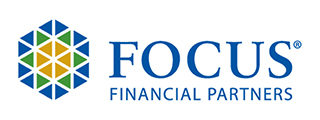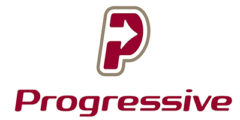Some may argue that it has. Over the last several years, many new players have entered the financial market. Online lending. Payment processing. Digital advice. New forms of currency. Innovators and entrepreneurs are clearly focused on the sector – and significant amounts of capital have been raised to support these efforts – but these new entrants aren’t achieving the massive success in financial services that we have seen in other industries. While businesses with disruptive technologies in other sectors have been rapidly rewarded by both consumers and investors with valuations that exceed those of the legacy players, we have not seen the same level of success in financial services. You can’t point to ten start-ups that have each grown to a market capitalization in excess of the leading banks or payment processors.
So what’s different? Where is the disruption in financial services? To me, the key differentiator – what makes disruption in this sector more challenging – is the enormous power of brand. Our financial infrastructure is built on a fiat system. 70 or 80 years ago we moved off the gold standard to a system that is predicated on the “full faith and credit” of the government. As a result, consumers need to have a great deal of faith that the financial services company they are working with is capable of safeguarding their savings. The importance of brand is therefore slowing the shift in market share away from – and extending the life of – big incumbent players.
Is this an insurmountable challenge for innovators? I don’t think so. Although consumers “trust” the established brands across the industry, they are not satisfied. Financial services companies have long been ranked among the lowest across the economy on a net promoter score basis. Consumers are looking for the same experience they have in other industries – improved user interfaces, more efficient systems, increased automation, more self-service. They want an alternative to sitting through a two-hour wealth planning session or waiting in line at a bank for thirty minutes to speak with a loan officer about a mortgage. Customers need both a better experience and an implicit level of trust in stability and financial credibility of the business with which they transact. The winners of tomorrow, therefore, are just as likely to be companies that are enabling incumbent players as they are to be businesses who are working to displace them.







